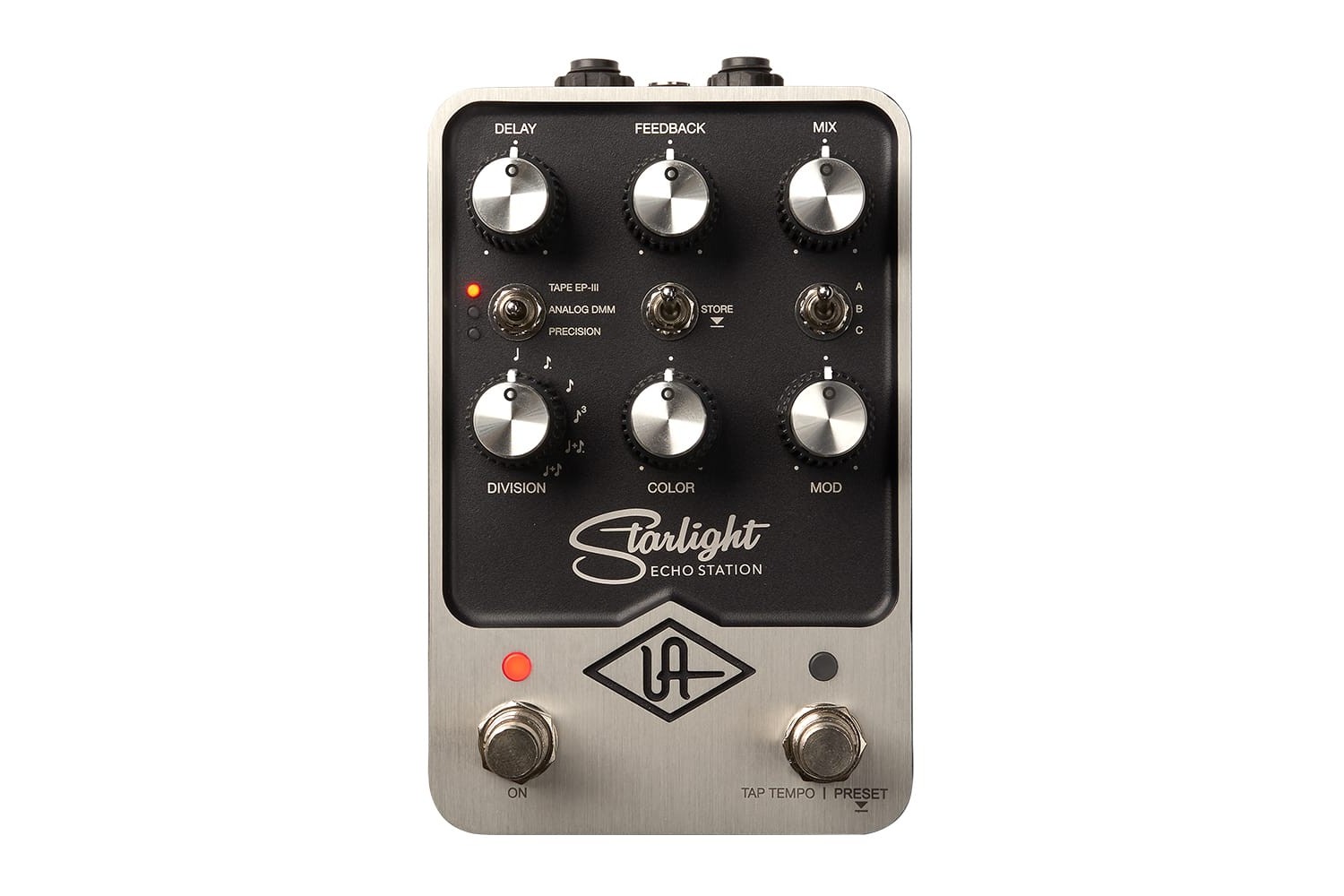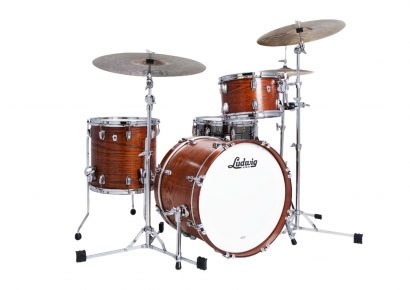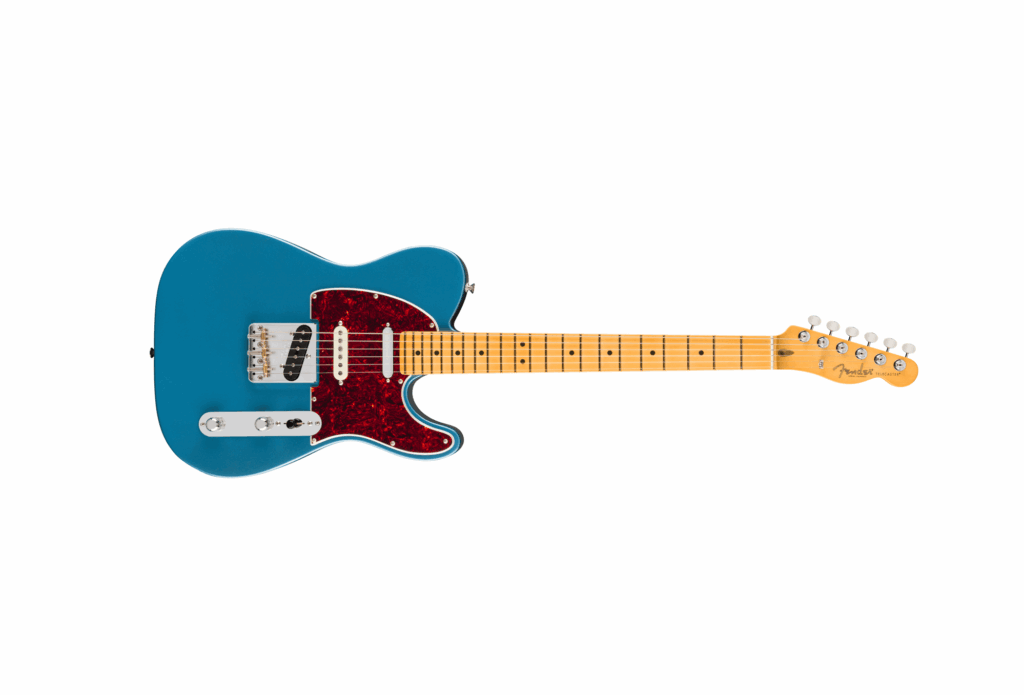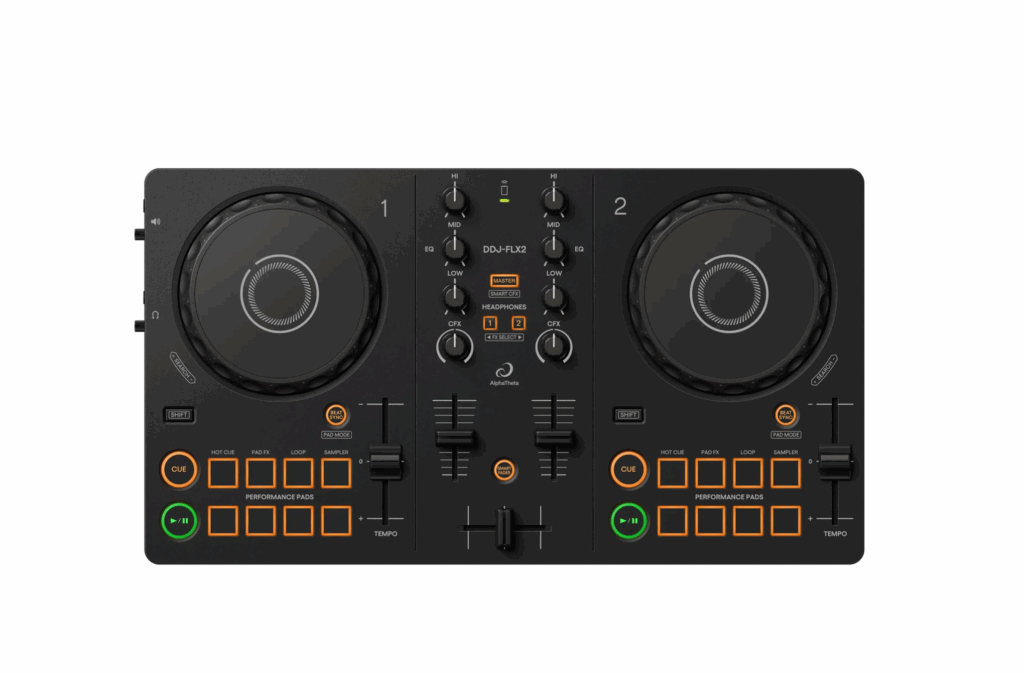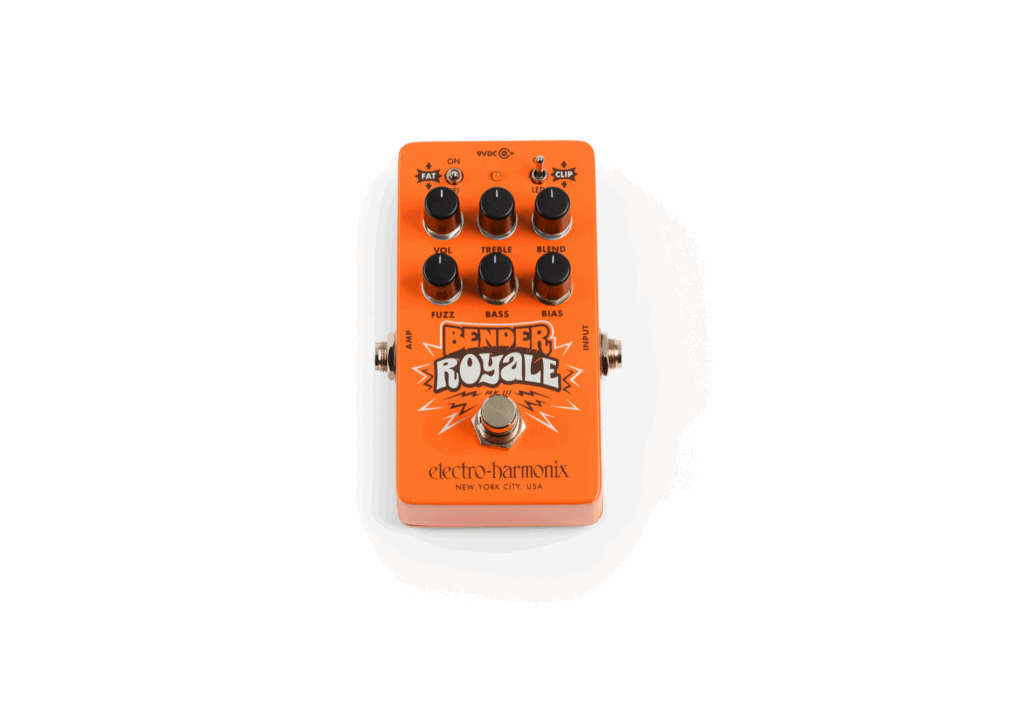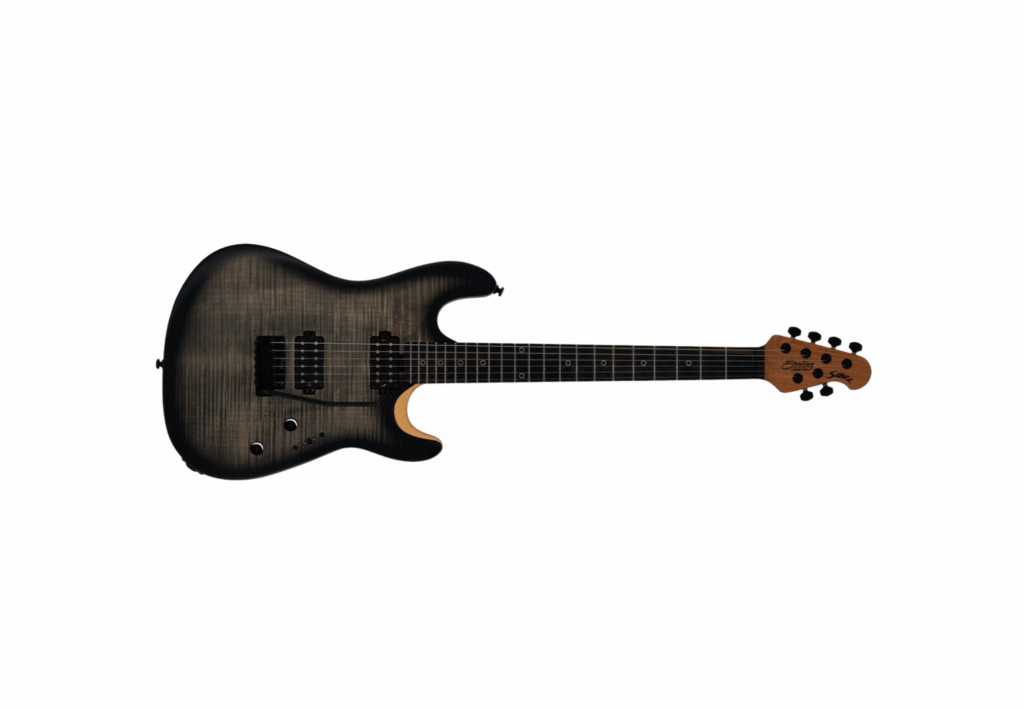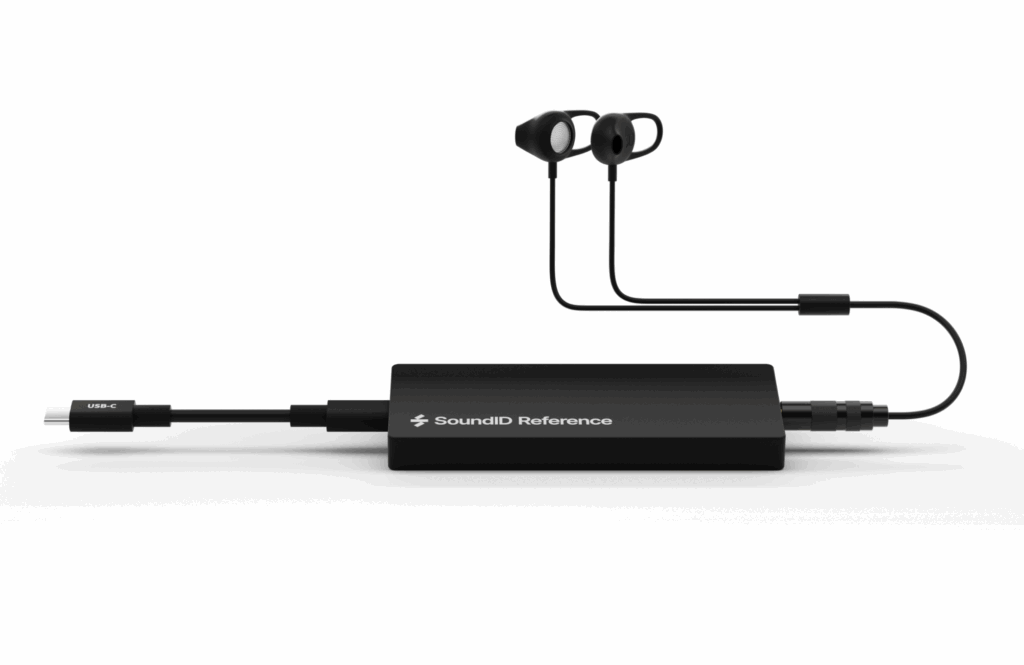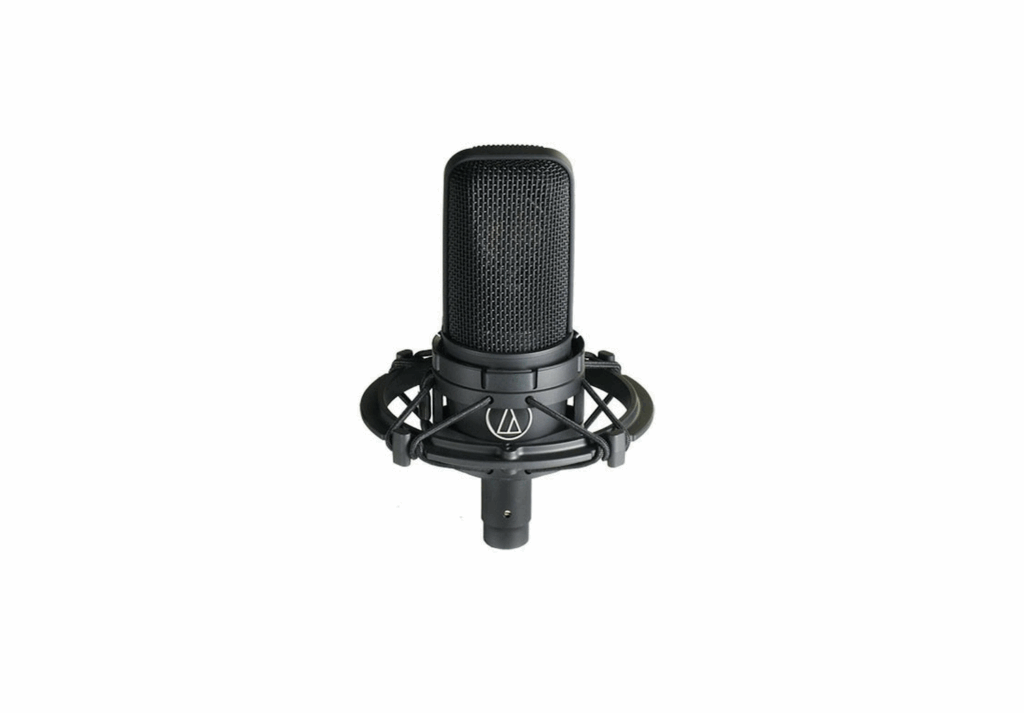CMI Music and Audio | Enquire for Pricing
If you are reading Mixdown, chances are you are probably already very familiar with Universal Audio.
The world conquering purveyors of processing have dominated the studio hardware market since their 1958 inception, continually adapting to the ever changing needs of the recording landscape and remaining at the very top of their game throughout.
Read more reviews here.
From their iconic 610 preamp to their current gold-standard plugin suites and recent forays into the DAW world, the brand have a knack for continually nailing the modus operandi, providing creative tools that have a tendency to work their way into your daily workflow and never, ever leave-be it in the Analog domain, the Digital domain or any combination of the two.
This ideological middle ground has been UA’s bread and butter for a number of years now, as one of the pioneers of Analog emulation in the Digital realm and as the undisputed masters in hardware modelling for the studio, they have come to personify the modern professional workflow-from outboard DSP, premium components and conversion in their interfaces, through to hyper realistic preamp emulation/saturation, peerless reverb and effect modelling. The overall quality and sound of the UA Audio Engine are all part of the fabric of modern music production.
This incredible lineage and reputation in the Analog/Digital Studio world is just one of the reasons why the new UAFX line of stompboxes is so intriguing.
The Starlight Echo Station is really three delay pedals in one and features classic controls including Feedback, Mix and Delay knobs. The delay parameter works like a time knob, but I get the feeling there’s some magic happening under the hood. The Starlight also has a few extra controls to allow the user to tweak the three on-board delay emulations accessible via a toggle switch: the Echoplex EP-III (Tape EP-III), Electro-Harmonix Deluxe Memory Man (Analogue DMM) and a modern, clean digital delay (Precision). There’s also a fourth Delay mode, the Cooper Time Cube, available when you register your Starlight.
In use, the Starlight Delay pedal is an awesome one-stop delay unit, with enough tonal variance in the modelling and enough tweakable parameters to relay allow for a broad array of sonic flavours. The Delay, Feedback and Mix knobs will have you dialing in a delay almost instantly, allowing you to move into the Division, Colour and Mod controls with confidence.
The Division mode offers different delay times and sub-divisions, providing different rhythmic effects and scattering echoes and repeats throughout. Colour acts like an intelligent Drive knob that reacts based on your input and playing dynamic, as it smears, saturates and clips like a real analogue delay might, and as we all know, saturation is very rarely an unwelcome addition!
Mod adds modulation to the tails of your delay, allowing it to sink back into your playing and feedback onto itself, providing thick, pitchy, chorus-like warmth. This is especially helpful when trying to make the Precision setting more gritty. The other two delays offer their own colour and tone and the ABC toggle offers three presets for each model of delay.
The EP-III sounds particularly ‘tapey’, as it should, but feels like the delay may not quite catch up with itself like tape delays seem to. It offers some grit exclusive of the Colour knob and provides a dark, thick repeat that can be utilised to great effect (pardon the pun) for slapback or short delays.
The Analogue DMM offers the swirling, coloured delay that helped push EHX to the forefront of stompbox brands in the 90s when grunge, shoegaze and rock bands created mammoth walls of sound by generating delays that engulfed both the notes and players themselves.
The Precision mode is a modern, glassy sounding delay that gives the player articulate repeats, and is probably the setting that reflects the pedal’s settings the most. The Precision mode is absolutely the most customisable, as each knob seems to affect the sound a little more than the other two emulations. You can leave it cleaner or push it harder, and all can be saved and stored into a preset via the ‘Store’ toggle switch and recalled via the ‘Preset’ switch that doubles as a Tap Tempo control.
All-in-All, the Starlight is a well-built unit, solid without being too heavy. At a glance, it features six knobs, three toggle switches and silent switches to turn the effect on and off or tap away to customise your tempo on the fly. It features stereo input and output, allowing for either mono in/out, true stereo in/out and mono in, stereo out operation or vice versa.
This makes it a great stompbox for live, but an equally formidable tool in the studio. Between the four 1⁄4” ins and outs, there’s a standard 9V DC power input and a USB-C input to update software, and recall and save presets. There’s also a small LED and ‘Pair’ button that will be used to connect via Bluetooth to UAD’s UAFX Control for even more customisation options.
The Starlight emulates two historically significant delays in one unit, further customisable than the originals via the ABC toggle, as well as including a modern, very customisable delay in the Precision and further updates as their firmware advances. What’s more, all of this is saveable and recallable via the silent switches so it’s a difficult pedal to beat for live use.
There’s a long list of delays to try out there and it can be difficult to pick just one, but the UA Starlight Echo Station makes the decision easier for you. Straight out of the box, the Starlight features three professional sounding delays, as well as three presets for each of them. If you’re not sure where to start with delay, you’d best start with the UA Starlight, because you may never need another delay pedal.
Check out the features and some examples of tone below.
Find out more via Universal Audio, and contact CMI Music and Audio for questions regarding local availability.
